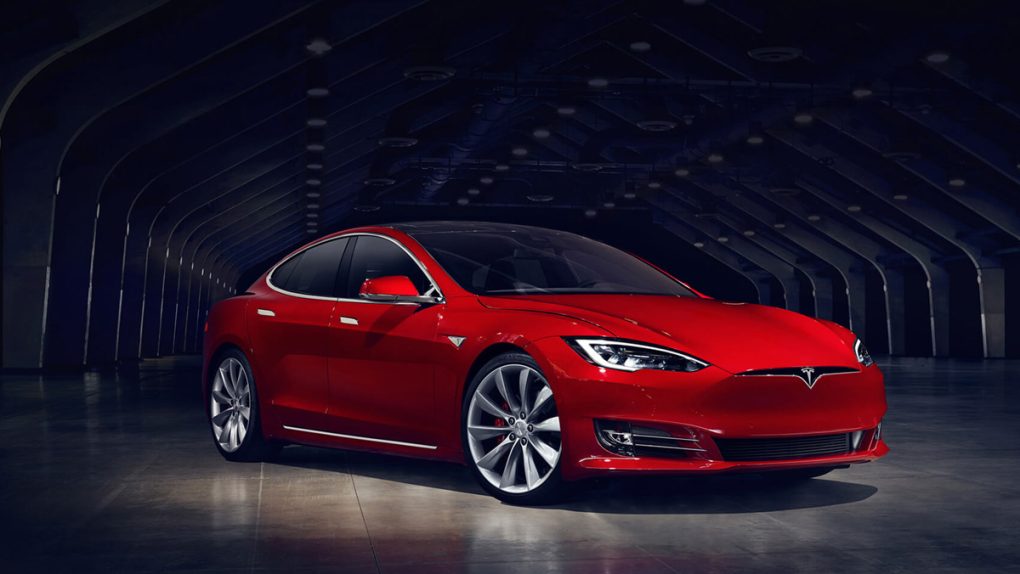Yesterday afternoon, Tesla CEO Elon Musk proudly announced that the company will be outfitting every new Model S and Model X coming off the production line with an enhanced suite of hardware sensors. Impressively, once Tesla enables the full suite of sensors, Model S and Model X vehicles will have full Level 5 autonomy, which is to say that they’ll be able to drive to a given destination with essentially zero human intervention.
DON’T MISS: This is the Nintendo Switch
Highlighting the capability of their new hardware, Tesla this morning released a video of a Model X driving to a destination, navigating busy intersections, and handling turns before ultimately nestling into a parking spot all by itself.
In short, Tesla’s announcement yesterday brings us ever closer to a future where cars will be able to drive themselves to and fro with ease. At the same time, new technology inevitably introduces new legal questions that demand answers, and Tesla’s new Autopilot hardware is no exception.
During a Q&A session following Tesla’s announcement yesterday, Elon Musk was asked if Tesla would be liable if one of its driverless cars gets into an accident. Musk quickly answered that those types of incidents would be something for the insurance companies to figure out.
“No, I think that would be up to the individual’s insurance,” Musk answered. “If it is something endemic to our design, certainly we would take our responsibility for that.”
Of course, the grey area lies when trying to assess if the root cause of an accident is the design of the car itself or a driver not handling the car properly when Autopilot is engaged.
Explaining further, Musk likened the issue to how liability is doled out in regards to elevator problems.
“Point of views on autonomous cars are much like being stuck in an elevator in a building,” Musk said. Does the Otis [Elevator Company] take responsibility for all elevators around the world? No they don’t.”
It’s an interesting point. Incidentally, just a few weeks ago a UFC fighter injured his neck after a hotel elevator he was in malfunctioned and dropped a few floors. Since then, the fighter has explored taking legal actions not against the elevator company, but against the hotel itself.
The analogy isn’t 100% spot-on given the nitty-gritty details of tort law and liability, but rest assured that someone will eventually try and sue Tesla in the wake of an accident and then the court’s will have to step up and decide how these types of cases will be handled.








